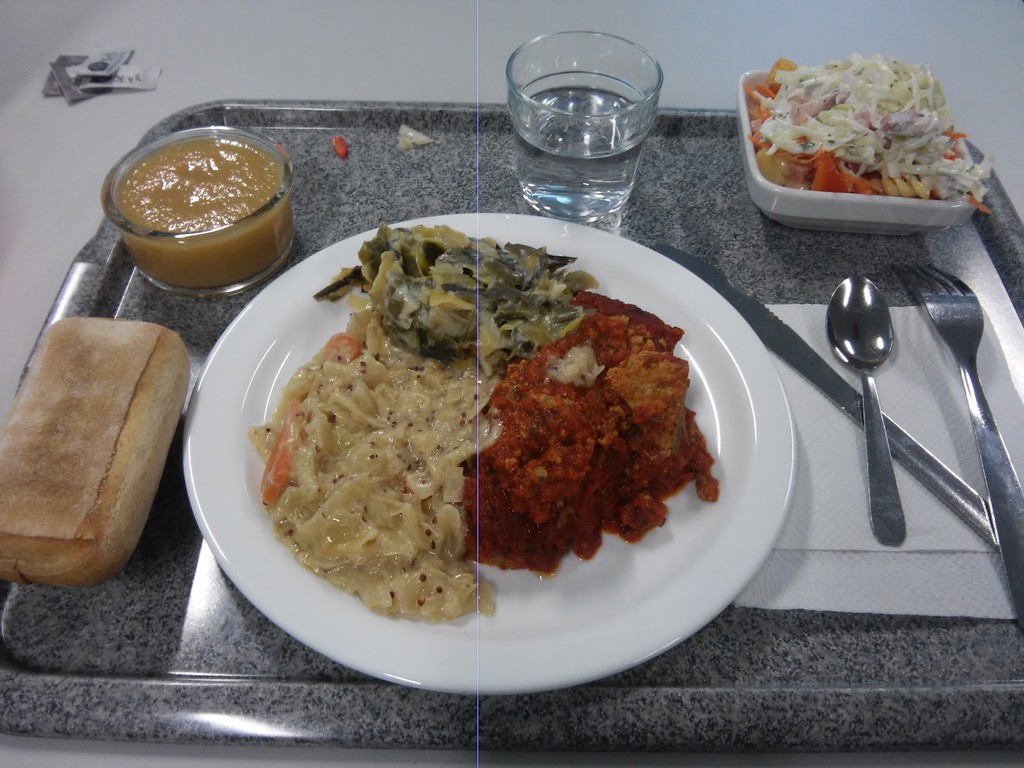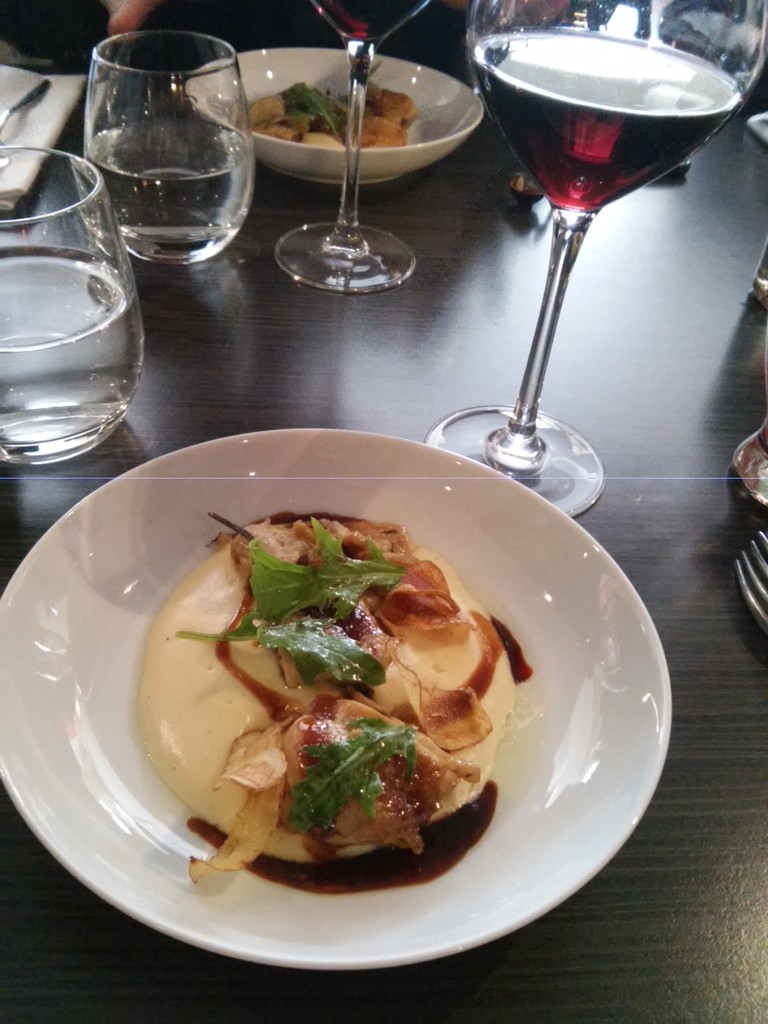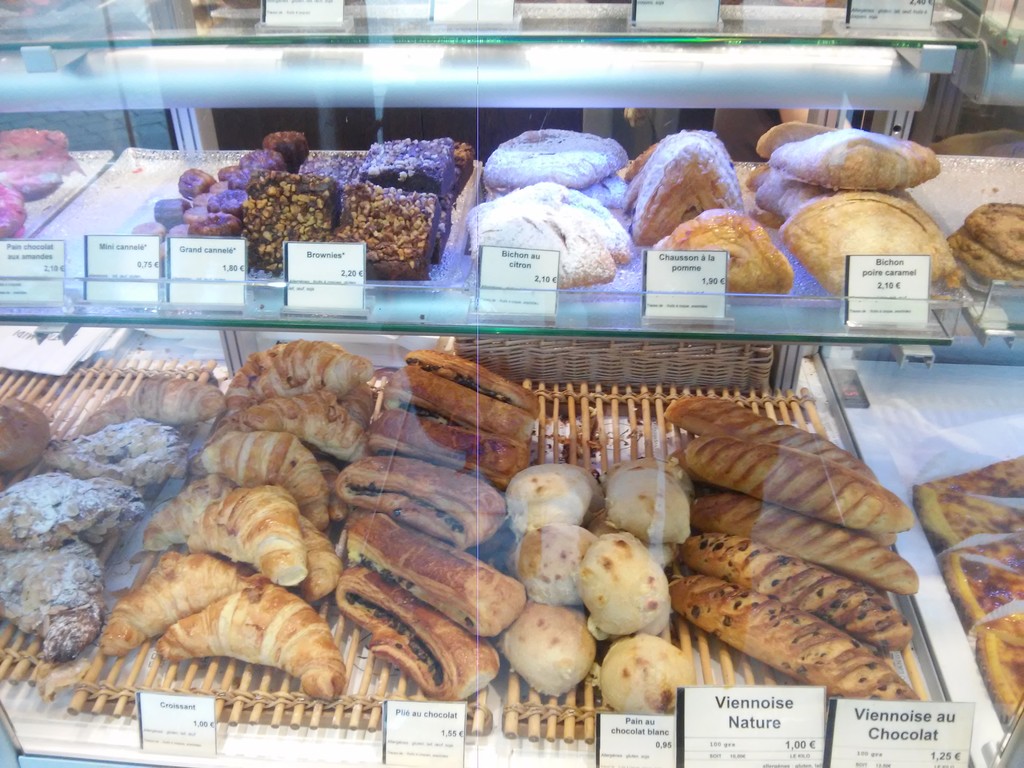Tips on managing your student budget
Going to a different country, far from your home, your family and your friends, is a very enriching experience, both personally and professionally. It is an experience where you can discover a new culture, and also learn more about yourself and about life.
This is normally the point when you start to start to think about and worry about things that have never crossed your mind before. One of the main questions you will ask yourself quite frequently is... How will I manage my money and my budget?
Simple tasks like going to the supermarket can take a lot of effort, and you even have to stop yourself from buying something that isn't a 'necessity', just because you fancied it. But then we realize that our bank account is overdrawn! And we wonder, "Where the hell has all our money gone? ".
So to help a little, in this article I will give you some advice and tips on how to manage your money!

Paris, France! A dream come true. But... how do I manage my money so that this dream will not become a financial nightmare?
Set priorities... keep them in mind!
I think the one thing many exchange students want to do is... travel! Ok, but with what money? And in another article I'll give you more advice about this, but something that helps me to save money is to remember that the one thing that I want to do the most whilst I am here is travel. So, when I find myself staring into shop windows at some gorgeous boots or a super cute blouse, I wonder: Is it worth buying it or shall I save my money for my next trip?
Maybe 20€ for a pair of shoes isn't that expensive. Which it isn't, but to think that you can find flights for 20€ or spend it on going out to a nice restaurant in Italy... I think it is quite easy to make your decision.
Set a monthly budget...
Whether you get a grant or whether your family sends you allowance, another really important tip about saving money is setting a monthly budget. Obviously, there are a few impulse buys from time to time that send you over your budget. However, the budget is mostly for covering your rent, transport, food, mobile contract and other basics.

Eating at the university restaurants is also a good way to save money and get a healthy meal for a good price... and it is really convenient.
Work out how much you usually spend on each of these things. Then subtract this amount from your budget so you know much much money you have "spare" and decide how to spend it: going out with friends, a restaurant, a trip away etc. Do it this way round... and not the opposite! Those that spend money on what they want first are the ones that struggle the most after they realize that they no longer have enough money for rent... and that is a big problem.
A daily budget
What also helped me was setting a daily budget. For example, during the school year I spent no more than €9 a day. If I went to the supermarket and spent 21€ then I tried ot to spend anything for the next three days. If, on the contrary, there were days when I didn't spend anything, then I could spend more than my allowance if I wanted to.
Make a note of your expenses
The first time I came to France, I wasn't used to writing all of my expenses down. And because I wasn't writing my spends down, I forgot about one of the bills I had to pay. So I had actually spent over my budget and couldn't pay for it.
This second time in France, a friend told me that he had downloaded an app on his phone where he could record all his income and his expenses. I did the same and it's been a great help to me. So I now know exactly how much I spend, how much money I have left for the month and whether or not I can go shopping. This way, it is very easy to manage your money because you become aware of your priorities and, once you have them covered, you can enjoy a nice dinner with friends at a restaurant... comme quoi, tout est possible!

If you manage your money well, you can probably afford to go to more exclusive restaurants now and again which you definitely should do whilst you're in France, since it is a country famous for its gastronomy.
Set a monthly savings goal!
I think this is a good habit to develop and have throughout your life. On the one hand, the monthly money we save can go towards the thing we want to do most... travel! Which is definitely good motivation to save!
On the other hand, there may be times when you need to save for something more important. The second time I came to France, I was lucky enough to get a scholarship. However, my scholarship only lasted nine months until May. And I was staying in France until early September... What was I going to do without my grant?
Knowing this was the case, I decided to save at least 200€ each month from the beginning of the school year. And it's just what I did since I got my first payment. I received 767€ a month from my scholarship and from saving 200€ of it every month, I still had 567€. This way, by the time it got to May I had saved 1800€ leaving 600€ a month for my last three months there.
By May, I had not only reached my saving goal but I also exceeded it! And that meant that I had spent less than 567€ most months.
By the way, I was able to save this money comfortably, I wasn't starving or anything of the sort! Managing your money is simple and you are able to split it up between savings, basic expenses and 'treats'.

And of course, you can't forget about the delicious French pastries.
(Note: Another way I was able to save money was taking a room in the university residencies. Prices are lower than private residences. However, anyone can manage their money no matter where they live. )
Think before you spend: buy consciously
The moment we receive our scholarship, everyone thinks the same and think they have a lot of money and so they can spend it on whatever they want. Spending aimlessly is not a good idea and you when you check your bank account, you will be surprised at the amount that you have already wasted...
Like I have already said, something that helps this is making note of all everything you buy/spend money on. But there is more: think before you buy. You should ask yourself, "Do I really need to buy this? ". Also, we can be tempted when we see something we want on sale which makes us want to buy it even more. But often when we buy something on sale it is something we don't really need, it is just unnecessary spending.
Another question which I use as a benchmark to determine whether something is expensive or not: What part of my monthly spends is the same as this price?
Buy second hand stuff
In France there is a store just for second hand items. (Wonderful! But always remember to ask yourself if you need it! )
When you buy something that is has been reduced in the supermarket, it is better to buy things either that you really need, or either than are not going to go off. (For example frozen vegetables or cleaning supplies such as toothpaste, soap, etc... )
Often the price does not represent the quality... a lot of the time you end up paying for the brand and not the product. Supermarkets' own brand products have the same quality or are just the same as the more expensive brands.

Conclusion
I hope these little tips are helpful. For me, following these hacks has helped me a lot during my time at university.
Photo gallery
Content available in other languages
Want to have your own Erasmus blog?
If you are experiencing living abroad, you're an avid traveller or want to promote the city where you live... create your own blog and share your adventures!
I want to create my Erasmus blog! →











Comments (0 comments)